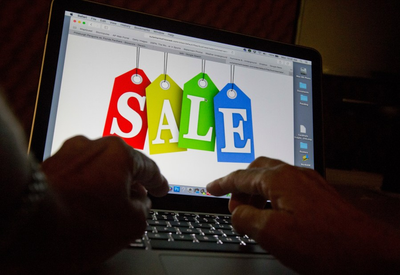
INDIANAPOLIS - New research across the privacy policies of the most popular shopping apps and websites shows three-quarters of them either share or sell customers’ sensitive information with third parties.
According to a new report from Atlas VPN, not only do 75% of the shopping sites share or sell data, but some of them do so without telling you. Atlas VPN examined 60 of the most popular shopping apps, and their Google Play profiles.
Atlas found that:
- 75% share user data when you use them.
- 58% of the apps shared names, email address, phone numbers and home addresses with third parties that are willing to pay for them.
- 37% shared financial data, like payment details and purchase history.
- 28% shared location data.
- 25% shared device IDs or unique information about your smart phone or tablet.
Typically, the third parties involved are companies that want to use this information to target you with ads. So who’s the worst about sharing the most?
According to Atlas VPN, eBay is the worst, by sharing 28 user data points. Amazon is next, by sharing 25 data points. Following that, the buy-now, pay-later app Afterpay shares 22 data points. Afterpay even shares credit scores with third parties.
After the top handful of apps, most were similar in range, sharing between 21 and 18 data points. Those include familiar names like Nike, Home Depot, Wayfair and Craigslist.
Kohl’s was the only app among the 60 surveyed that shared no user data.
To protect yourself, experts say you need to take the time to read the privacy policy of the app you’re using so you know what you’re getting into before you start clicking. You also have the option of disabling sharing options by turning off things like location sharing.
It’s also a good idea to delete unused apps since many of them can continue collecting data on you even when you’re not using them.